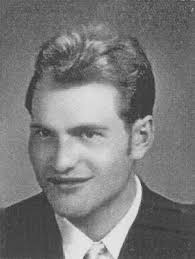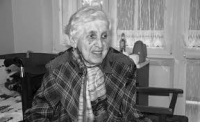Dad found out about my birth in prison. Then they executed him
Stáhnout obrázek
Alois Jaroš was born on August 19, 1951 in Ostrava. His ancestors owned the castle and manor in Zvěstov, but after 1948 they lost it as part of the nationalization process. His father was arrested because he took his acquaintance František Slepička to the place where the shootout with the communist functionary Václav Burda took place. František Slepička escaped, Václav Burda died and the State Security unleashed a large arrest. Thirty-six people ended up in prison. Alois Jaroš‘s father was appointed leader of the anti-state group and executed on May 17, 1952. Alois Jaroš‘s grandmother and aunt were also sentenced to twelve and ten years in prison for letting František Slepička sleep in their house. Alois was born while his father was in prison awaiting execution. His mother moved with him to relatives in northern Moravia. She worked in a knitting mill and lived under very modest conditions in Frenštát pod Radhoštěm. She never found another partner and dedicated her life to raising her only son. Alois studied cybernetics at the Czech Technical University in Prague. During socialism he worked as an electrical engineer on cargo ships. After November 1989, the family property was returned to his family in a devastated state. Only a torso remained from the chateau in Zvěstov, the building was partially blasted down and destroyed by the fact that there were warehouses of an agricultural cooperative. After 1989, Alois started his business and became one of the partners of Logis, which provides information technology to metallurgical companies in many countries around the world. It was not until 2006 that his mother received the last letter from the archives, which her husband had written to her shortly before the execution. The Communists hid it from her at the time and did not send it.

